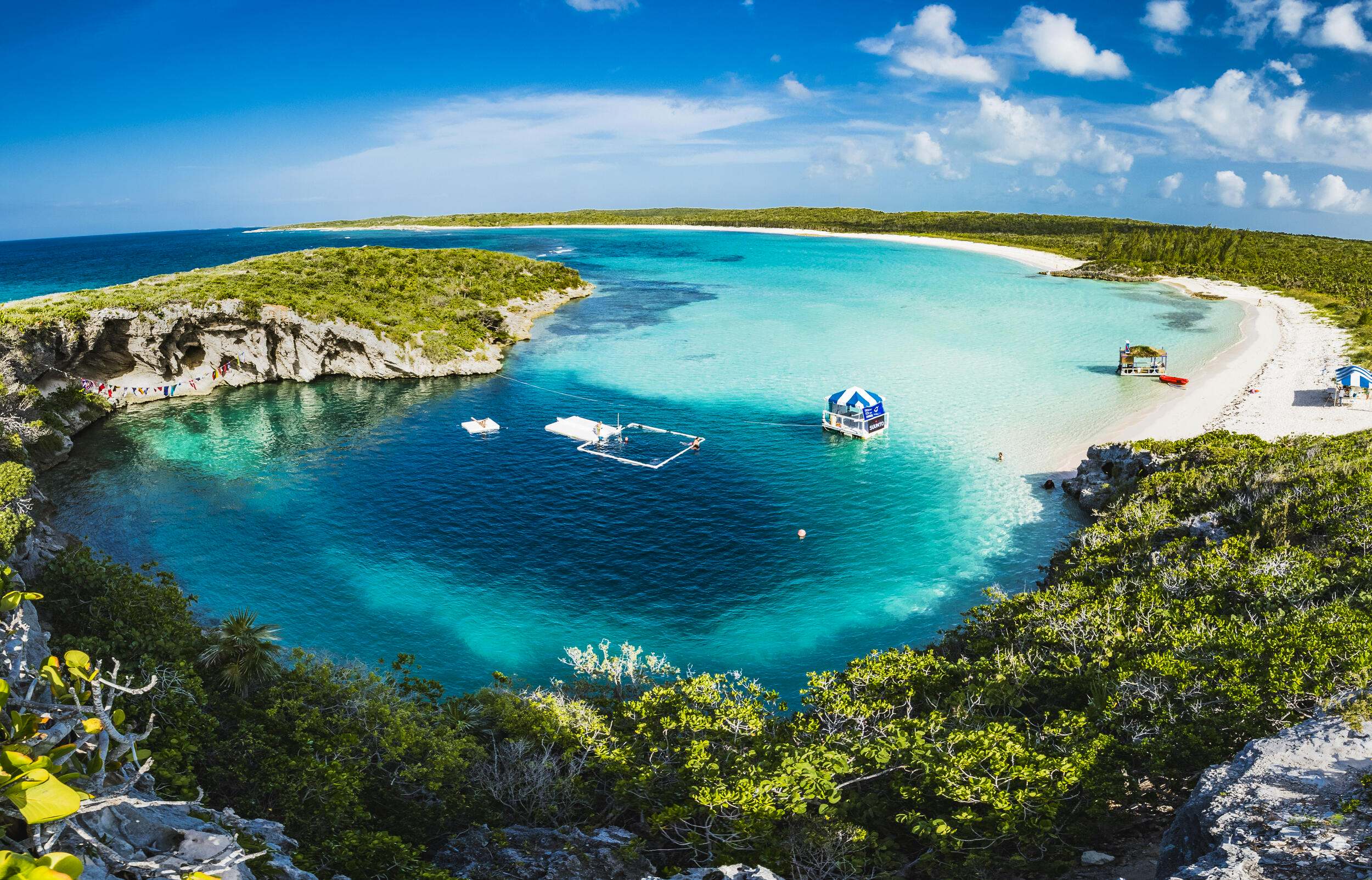Bahamas Debt Conversion Project for marine Conservation
The Bahamas, known for its vital marine ecosystems, including one-third of the Caribbean’s coral reefs, launched a Debt Conversion Project for Marine Conservation in November 2024. The project enables the government to reduce sovereign debt while reinvesting the savings into marine and coastal resources. The Bahamas Debt Conversion Project commits 100% of newly unlocked funds to enhancing marine protection by supporting sustainable fisheries and tourism, developing the blue economy, and strengthening climate resilience in coastal communities. These goals will be achieved through inclusive, science-based initiatives such as participatory marine spatial planning (MSP), climate-smart marine protected area (MPA) management plans, and a national mangrove management plan.
Overview
The Bahamas is a Caribbean country consisting of 700 islands and 2,400 cays, situated within the Lucayan Archipelago of the West Indies in the tropical North Atlantic Ocean. Three important marine and coastal habitats are found in The Bahamas – coral reefs, seagrass meadows, and mangroves. The Bahamas is one of the world’s most important countries for coral reefs, with the second-largest coral reef extent in the Atlantic, after Cuba. There are thousands of small patch reefs, dozens of narrow fringing reefs, and some bank-barrier reefs, such as the Andros Barrier Reef, one of the longest reef systems in the Western Atlantic.
Consistent with global trends, Bahamian reefs have declined in recent years; however, their vast expanse and many remote locations offer protection from local stressors compared to other Caribbean countries. Seagrass meadows are also extensive in The Bahamas. These ecosystems provide critical refuge, nursery areas, feeding grounds for wildlife, stabilize sediments and reduce shoreline erosion, serve as major carbon sinks and stores, and play a role in supporting at-risk Queen conch and spiny lobster fisheries. Mangrove forests are also widespread and relatively undisturbed, providing critical habitat for abundant birdlife and many marine species.
The Bahamas Debt Conversion Project for Marine Conservation helps The Bahamas reduce its sovereign debt in exchange for investing the savings entirely into marine conservation and sustainable blue economy development. This is the first project of its kind where 100% of the new funding will support conservation efforts. It is also the first Nature Bonds project with explicit commitments to create climate-smart management plans for MPAs. The Government, with technical support from partners, is in early-stage preparation to meet commitments over the 15-year length of the Debt Conversion Project that include:
- A framework and phased approach for enhanced effective management of The Bahamas’ expansive and recently expanded network of MPAs;
- The development and implementation of an MSP aimed at addressing increasing demands for the use of The Bahamas’ ocean, using a transparent, participatory, and science-based process with local communities and other stakeholders;
- A National Mangrove Management Plan designed to enhance protection, management, and restoration of this habitat type, which provides essential functions for biodiversity and climate change resilience.
TNC’s Role
- Financing
- Conservation Trust Fund (CTF) expertise
- Planning tools and spatial analyses
- Process design and facilitation
- Project management
- Science and technical expertise
- Stakeholder engagement
- Local capacity building
- Training and learning exchanges
Project Partners
Lead Authority: Government of The Bahamas
Facilitation: The Nature Conservancy
Other Partners: Bahamas Protected Areas Fund, The Bahamas National Trust, The International Development Bank (IDB), Builders Asset Management, AXA XL Bermuda Ltd., Standard Chartered
Deans Blue Hole on Long Island, Bahamas. © Shane Gross

